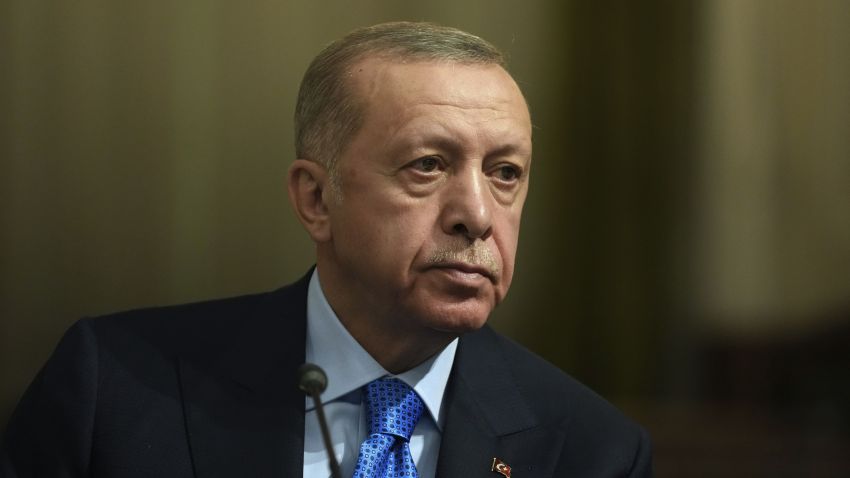After a failed coup in 2016, several military campaigns in northern Syria and a currency meltdown due to chaotic economic management, there seemed to be little that would surprise analysts watching Turkey’s politics. Yet the decision on April 25 by a Turkish court to sentence businessman and philanthropist Osman Kavala to life imprisonment on charges of attempting to overthrow the Turkish government was a step that went beyond the expectations of even some of the most jaded observers.
Though many Turkey watchers expected Kavala to receive a guilty verdict from a court that was clearly influenced by the ruling AKP party, the harshness of the final sentence signaled how far President Recep Tayyip Erdogan’s government is willing to go to pressure anyone challenging its position. Erdogan had already used the strong likelihood of the involvement of members of the Gulen Movement, an authoritarian religious sect, in the attempted military coup of July 2016 as a pretext for a purge of the civil service and military that devastated the careers of thousands of innocent people. He similarly used sympathies for the Kurdish nationalist Kurdistan Workers Party, or PKK—an insurgency considered to be a terrorist organization by Ankara and Washington—to remove elected officials of the Peoples Democratic Party, or HDP by its Turkish acronym, from parliament and local mayoral offices in the Kurdish-dominated southeast. Yet the lack of any effort to establish a plausible case against Kavala was a sign that many in the AKP and security services no longer even care about maintaining a façade of legitimacy in efforts to destroy their perceived opponents.
More recent moves by the government to threaten Canan Kaftancioglu, a senior figure in the opposition Republican Peoples Party, or CHP, with imprisonment over social media posts and hints at similar action to ban the CHP mayor of Istanbul and potential presidential candidate Ekrem Imamoglu from politics indicate that Erdogan is willing to do everything to suppress potential rivals. Though the jailing of HDP leader Selahattin Demirtas in November 2016 already set a precedent, it nevertheless represented a more limited focus on a party associated with the political left and Kurdish nationalism. The current crackdown on the larger and more centrist CHP as well as the neo-nationalist Iyi Party would mark a broader assault against the last remnants of political pluralism in Turkey.

